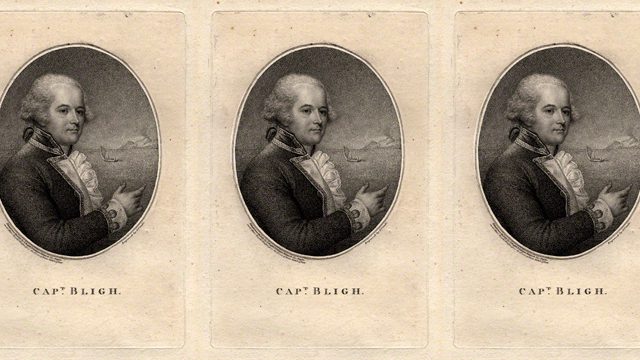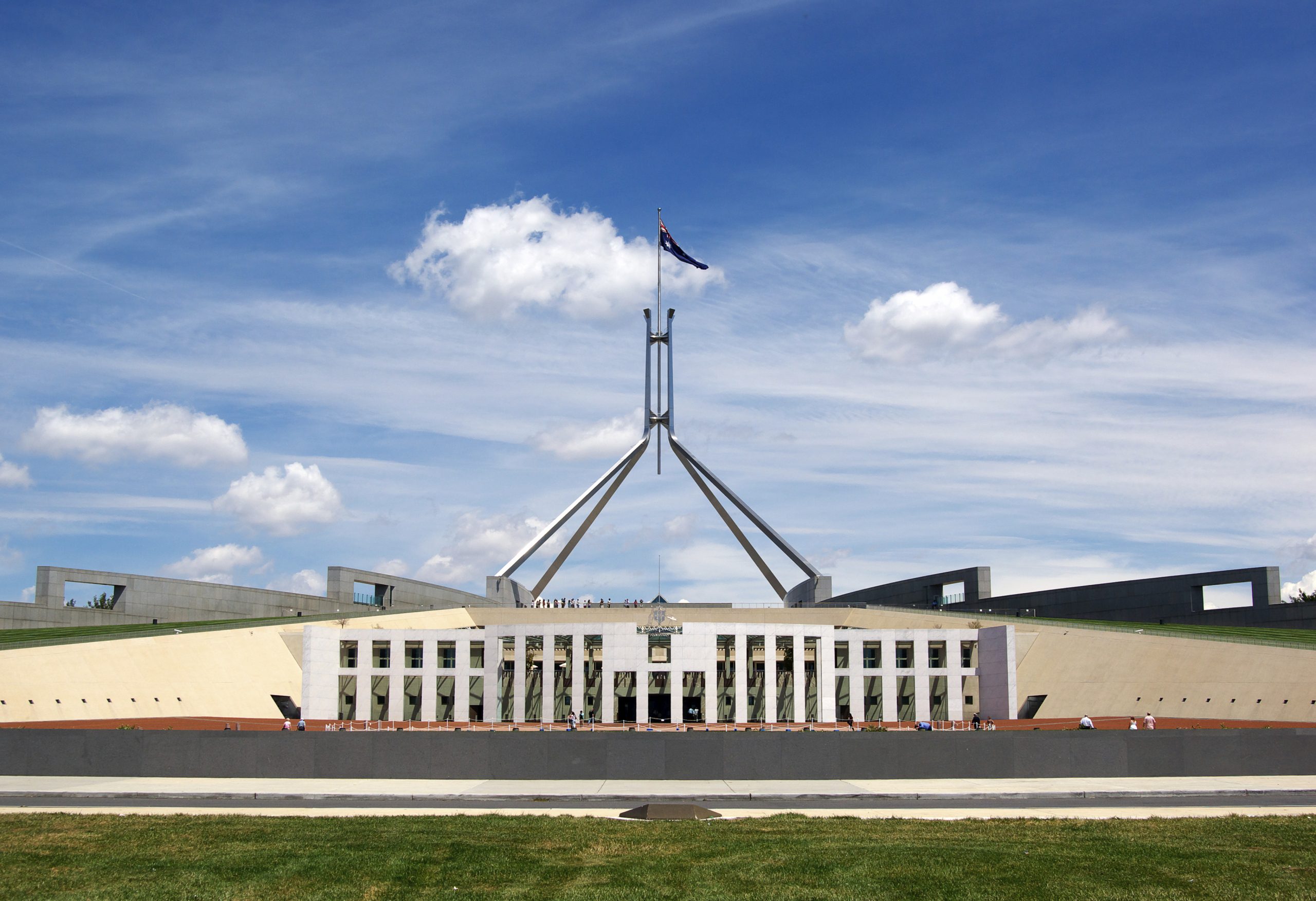The Liberal Leadership and The Bligh Factor
By John Kananghinis
The current Prime Minister, Tony Abbott, and the fourth Governor of New South Wales, Vice Admiral William Bligh may be separated in their respective tenures by 207 years but they do seem to share a few ‘leadership’ characteristics.
Bligh (yes, the Bligh of the Bounty and progenitor of former Queensland Premier Anna Bligh) was a true master of his profession, an expert navigator, skilled cartographer and a highly regarded naval Captain who served, with distinction in battle, under Nelson.
He was mentored by the famed Captain James Cook and was Sailing Master of the Resolution on Cook’s ill-fated third voyage.
He seemed to be at his best in adversity. Many underestimated him and he lived to prove them wrong. When cast adrift in an open boat, with his small band of loyalists, by the Bounty mutineers led by his chosen first mate and a man he considered a friend, he completed an unthinkable 6,700km journey across the Pacific to arrive, with the loss of only one man, in Timor.
Years later, when the relatively new colony of New South Wales looked to be getting out of hand it was Bligh, known as a sound administrator and strict but fair disciplinarian, who was sent to clean things up. However, his confrontational style quickly put him offside with the colony’s power elite and then with his own troops. The result was the Rum Rebellion of 1808 that saw Bligh marched out of Government House in Parramatta and returned to England.
Bligh was described by some who knew him as an “enlightened naval officer” who had one or two faults. For example he would make “dogmatic judgements which he felt himself entitled to make; and he saw fools about him too easily … he never learnt that you do not make friends of men by insulting them”.
Do I need to highlight the parallels?
Prime Minister Abbott is no doubt a good and capable man, possessing mastery of the combative art of politics. Yet he seems friendless, unlikeable and now subject to ructions within his own team.
He was mentored by a legend of his party and was a faithful lieutenant to Prime Minister Howard even as the 2007 electoral rout became obvious to all.
Subsequently, when things turned a little pear-shaped, the electorate, somewhat reluctantly, turned to him but they have never loved him. And even if they did, as has been proved for millennia, the mob turns easily and quickly.
When the PM made his February 2 (post QLD electoral disaster) speech to the National Press Club he declared that government is not a popularity contest. In today’s political reality that is just plain wrong. Leaders not well regarded by the people will sooner, rather than later, be dispatched by their own side.
The PM’s Press Club address and subsequent interviews also suggest a lack of true understanding of the language of inclusiveness required to take the people with him.
It is difficult to support the claim of being more “consultative and collegial” when he keeps saying “my government… my plan” and referring to “what I will do for you”. Such paternalistic language perhaps betrays that his true view is that the people should leave it all to him as he knows best.
That may sound harsh, but use of language in leadership positions is very important when dealing with an ever more educated and critical electorate (or business workforce).
The PM’s continuing use of such language may suggest that he, like Bligh, cannot help but stick to his dogma and make the “captain’s calls” he feels he is entitled to make, even if they cost him his closest followers.
Inclusive language such as ‘together we will address the challenges of the future’ or even ‘as Australians together we will …” would certainly start to soften his image.
After all Churchill did not say: ‘I will fight them on the beaches …”.
In the end, even though his enemies underestimate him at their peril, it may all be too late for Tony Abbott. Despite the many good things his government has done, or at least begun to do, he may suffer the same fate as William Bligh on the Bounty and in New South Wales two centuries ago, i.e. cast adrift by those he thought to be friends; a great captain in a fight, highly skilled and intelligent, but lacking in the necessary common touch and flexibility to keep the rank and file by his side for the long term.
It may be that our current Prime Minister is closer in character to Admiral William Bligh than he would care to admit.












Leave a Reply
Want to join the discussion?Feel free to contribute!